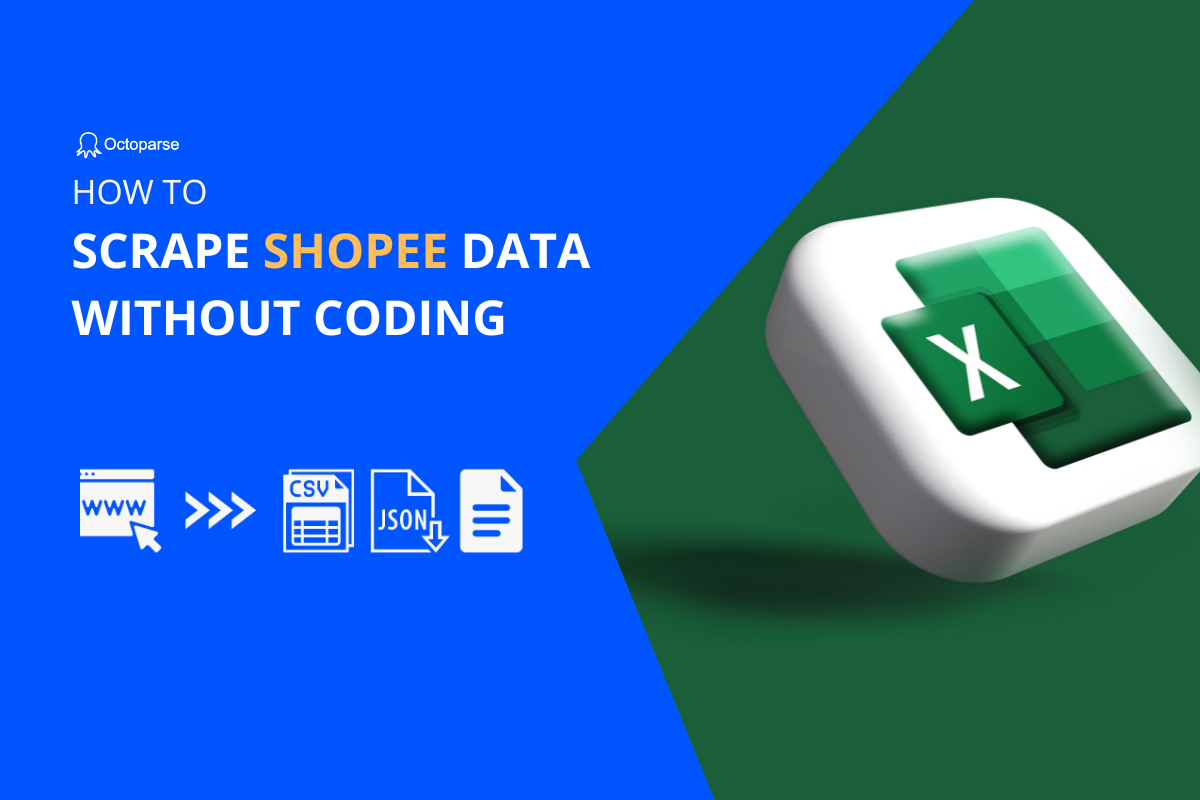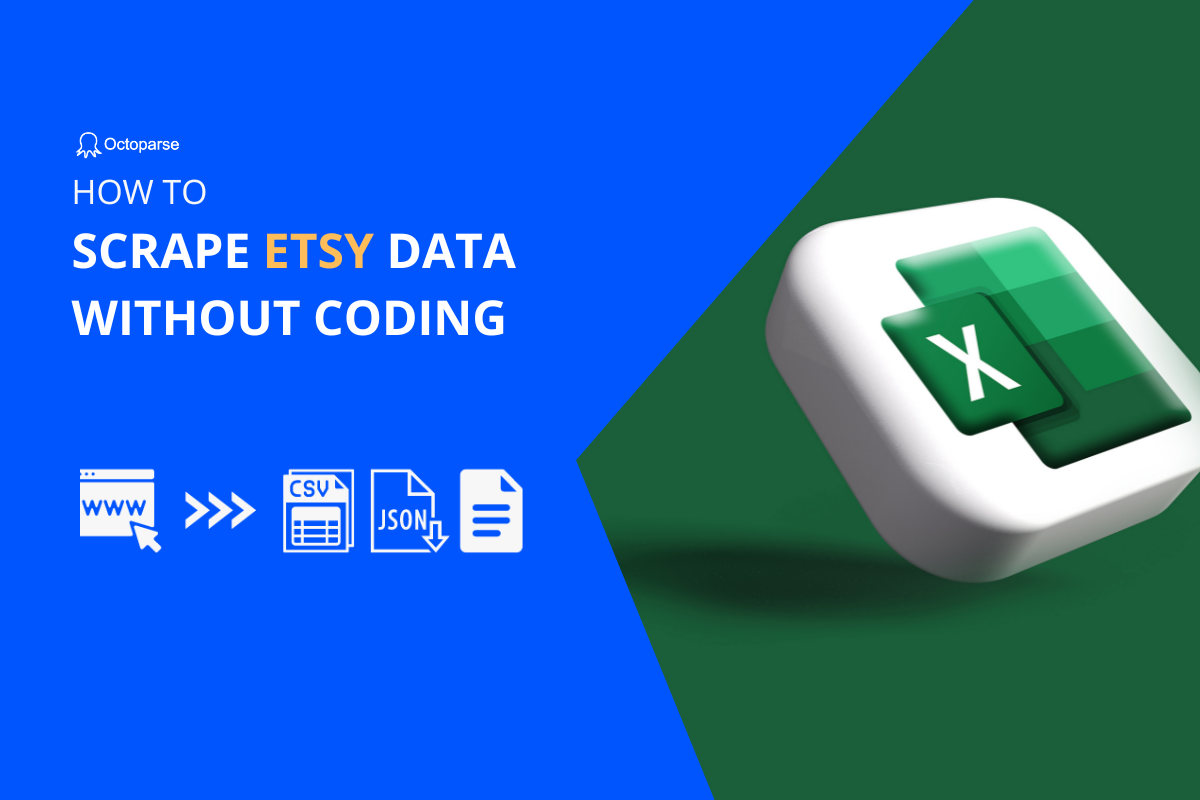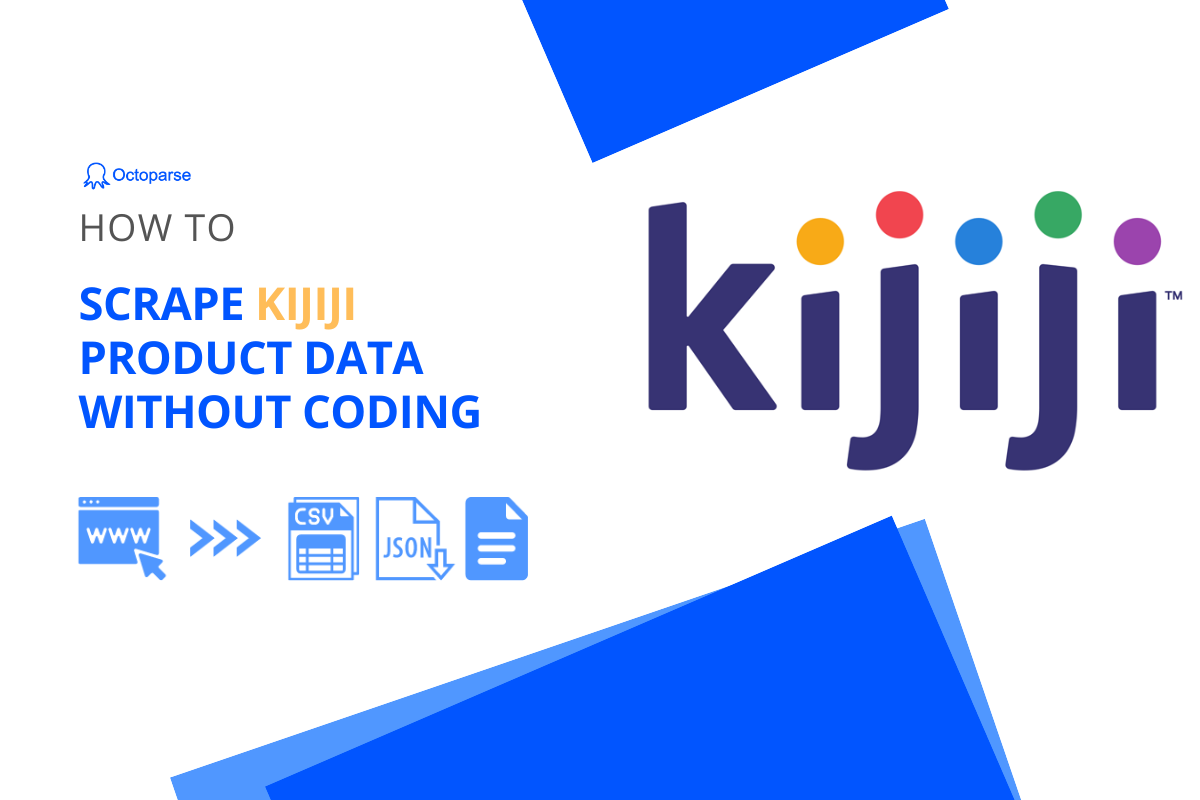IMDb, which stands for Internet Movie Database, is a popular online database that contains information about movies, TV shows, home videos, video games, and more. As of March 2022, this website had about 10 million titles and 11.5 million human records.
IMDb is an ideal place for anyone interested in digital works and aims to know the trend and grab information for more in-depth analysis. And with web scraping tools, the huge amount of movie data on IMDb can also be transmitted into structured data files. In the following parts, you can learn how to scrape data from IMDb easily.
IMDb Web Scraping You Should Know
Is it legal to scrape IMDb
Generally, web scraping is legal. But some platforms might have more detailed rules in this area. You need to comply with these certain regulations before scraping data. IMDb also allows users to use its content for non-personal use. You can visit IMDb Conditions of Use to get more details.
However, it’s still important to pay attention to your data use, and the laws or rules of your country. For example, while small amounts of scraping for personal non-commercial use are sometimes overlooked, extensive or commercial-scale scraping of IMDb data is prohibited without explicit permission. And the copyright of some movies/TV shows are sometimes not allowed themselves.
Does IMDb have an API
IMDb now provides four distinct APIs. Each of them is made to gather various IMDb data, such as titles, performers, creators, ratings, full lifetime box office grosses, etc. These APIs are entirely ready-made and do not permit users to alter them in accordance with unique requirements.
Furthermore, they are rather expensive. You can check them out on the AWS marketplace. IMDb also provides a free trial for a one-month subscription if you’re unsure whether you want to spend a lot of money on it.
What data can be extracted from IMDb
Generally speaking, you can scrape data you see from the IMDb webpages. Here are some key types of data that you can get from IMDb:
- Title Details – Basic information on movies and TV shows like title, year, genre, runtime, ratings, plot summary etc.
- Cast & Crew – Full lists of actors, directors, producers and their respective roles/jobs for a title.
- Biographies – Detailed profiles and biographies of actors, directors, producers which include photos, filmographies etc.
- Images – High resolution poster images and photography related to titles, cast/crew. Subject to additional licensing terms.
- Companies – Profiles of movie/TV production studios and companies.
- Release Dates – Domestic and international release dates for movies/episodes.
- Awards & Nominations – Major awards won/nominated organized by year.
- User Ratings & Reviews – Aggregated ratings and reviews submitted by IMDb users.
- Others like release dates, box office data, music, parental guide, etc.
IMDb also offers a variety of trending lists that include the greatest works in human history or the current year and the most well-liked works on the market. It used a special formula to produce these lists. You can also collect information from these lists to identify how good or bad a movie is with a general baseline.
Benefits of scraping IMDb
Scraping IMDb data allows you to turn the dirty data into structured data files and contribute to further analysis and research. Here are a few benefits of collecting IMDb data:
Perform Market Research
For people who are involved in the movie industry, IMDb data will definitely help them in understanding the market. You can easily know which genre is most-loved on the market, which kinds of movies have achieved the highest box office, who is the big star in the industry, etc., by getting IMDb data into a structured format and performing quick data cleansing.
Conduct Sentimental Analysis
IMDb so far has over 83 million registered users. They share valuable reviews under millions of works and give ratings of them. Information like this is extractable on IMDb as well. You can scrape the text of reviews, and conduct text analysis to get a sense of how much audiences love or hate a movie, how much they feel engaged in certain kinds of works, and even do audiences love the cast’s performance.
Build a Personal Database
A personal database is often used to store frequently used information. If you have access to enough IMDb data, you might attempt to create one on your own. It’ll benefit in saving time on managing data. You can structure the data in a way you prefer, and then improve the quality and consistency of information. You might become more productive as a result!
How to Scrape Movie Data from IMDb
If you’re not familiar with coding, you can extract data with a web scraping tool. Octoparse is such a web scraping tool which ask for no coding skills. With its easy auto-detecting function and preset templates, you can scrape almost all sites within a few clicks.
5 steps to scrape IMDb data without coding
You can download and install this software on your device first, then sign up for a free account to log in and access a number of web scraping functions. In this part, we’ll still take IMDb Top 250 Movies as an instance, and try to collect movie titles, initial releases, ratings, and directors. Below is the URL of this page.
https://www.imdb.com/chart/top
Step 1: Create a new task
Copy and paste the target URL into the search bar on Octoparse. Next, click “Start” to create a new task. The built-in browser of Octoparse will then take a few seconds to load the page.
Step 2: Select wanted data fields
When the page has completed loading, click “Auto-detect webpage data” in the Tips panel. Then Octoparse will “guess” what data you need and present a list of extractable data after scanning the entire page. Since Octoparse will highlight each data field on the page, you can quickly inspect them. Or you can choose to preview them at the bottom.
Take a look at Data Preview, we can find that Octoparse has detected data, including the URL of each movie’s detail page, URL of its poster, rank and title, initial release, and rating. But nothing is known about the directors. We must visit the detail pages for these movies to gather more information.
Step 3: Create a workflow
Remove unwanted data fields in the Data Preview, and keep the URL of each movie’s detail page, rank and title, initial release, and rating. Then click “Create workflow”, and a workflow will show up on the right-hand side. It’s a diagram that presents how this scraper works. You can review and check if each step runs well by clicking on every step in the workflow.
Step 4: Scrape data from detail pages
With the basic workflow, we can add a new step that goes to each movie’s detail page and collect data. Click “Click on link(s) to scrape the linked page(s)” in the Tips panel. Next, select “Click on an extracted data field” and pick the field that contains the detail page’s URL in the listing bar.
Octoparse has now directed us to the detail page. You can let Octoparse auto-detect the page, and pick the data you desire. Alternatively, you may simply select the elements you want to extract by clicking on them, then select “Extract the text of the element” from the Tips panel. We only collect the director’s name in this instance. So far, we have all the data fields we need.
Step 5: Run the task
You can check all the details again before running the task. For example, whether the workflow functions well or whether the appropriate data fields were chosen. Then, click “Run” to launch the scraper. You need to pick running the task on your computer or on the cloud servers at this step. Running on your device is more suitable for quick runs or small projects, while running on the cloud is preferable when processing big projects. After the extraction is completed, you can export the scraped data as an Excel, CSV, or JSON file.
Preset template for IMDb data scraping
Octoparse gives you another way to scrape data from IMDb with preset templates. You can preview the data sample it gives, and finish the asked parameters to start extracting data. IMDb data scraping templates can be found in Octoparse’s “Templates” section, or you can visit the online link below directly to scrape data like rating, review date, review text, etc.
https://www.octoparse.com/template/imdb-review-scraper
How to Scrape IMDb Data with Python
Taking IMDb Top 250 Movies as an example, you can collect names, initial releases, directors, and stars of each movie on this list at once with Python. Here is a sample Python code for you to achieve this data.
Wrap-up
For those who are interested in the media sector, IMDb is a useful database. It has a ton of data and information, and users may conduct research and analysis using its strong APIs. Python-based IMDb scraping, however, offers greater flexibility in this regard because it allows you to gather precise information according to your needs. For people who have zero experience in coding, an easy-to-use tool like Octoparse must be a perfect option to extract data from this famous database.




